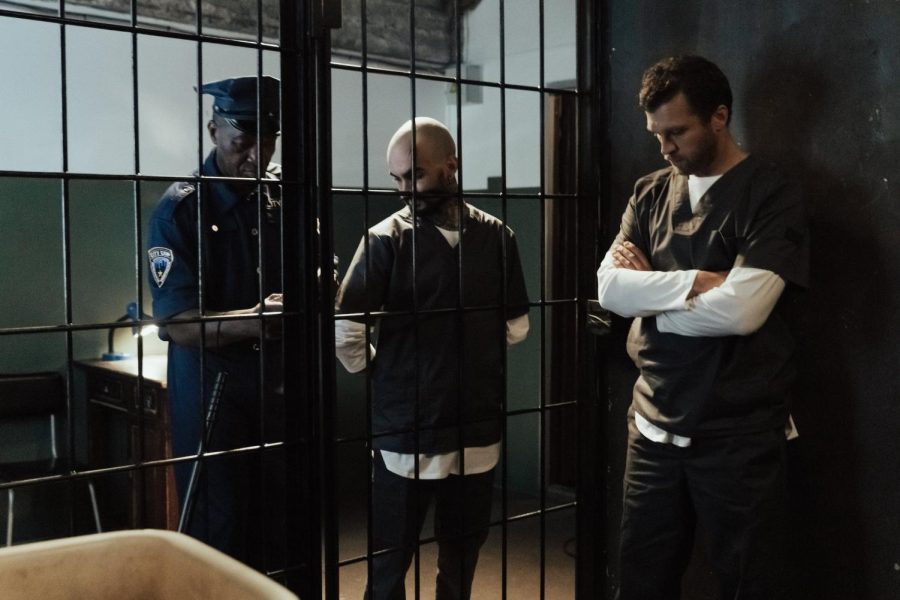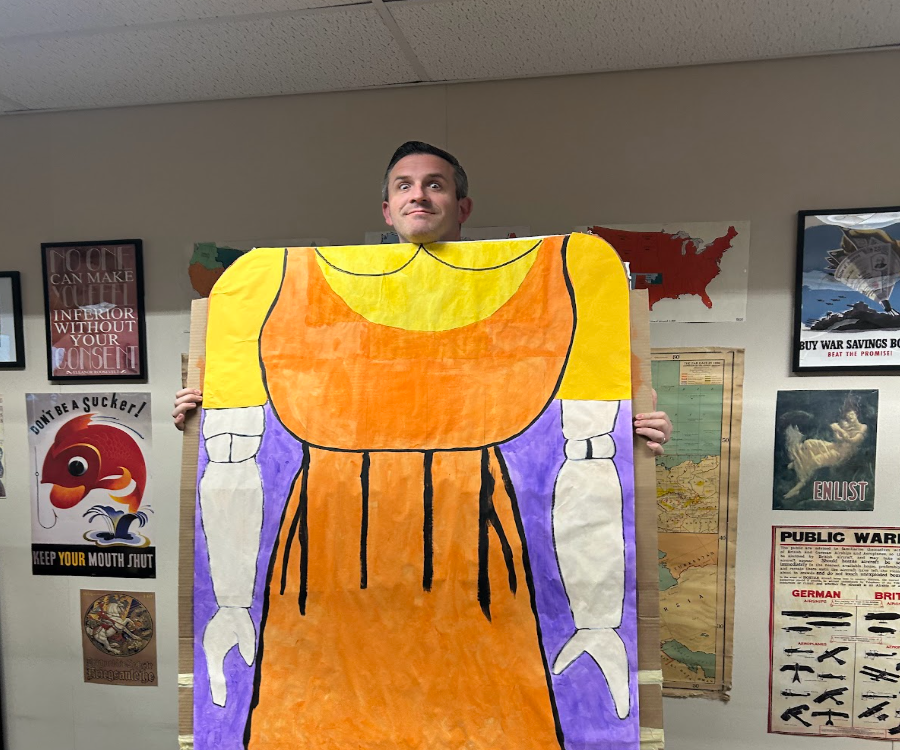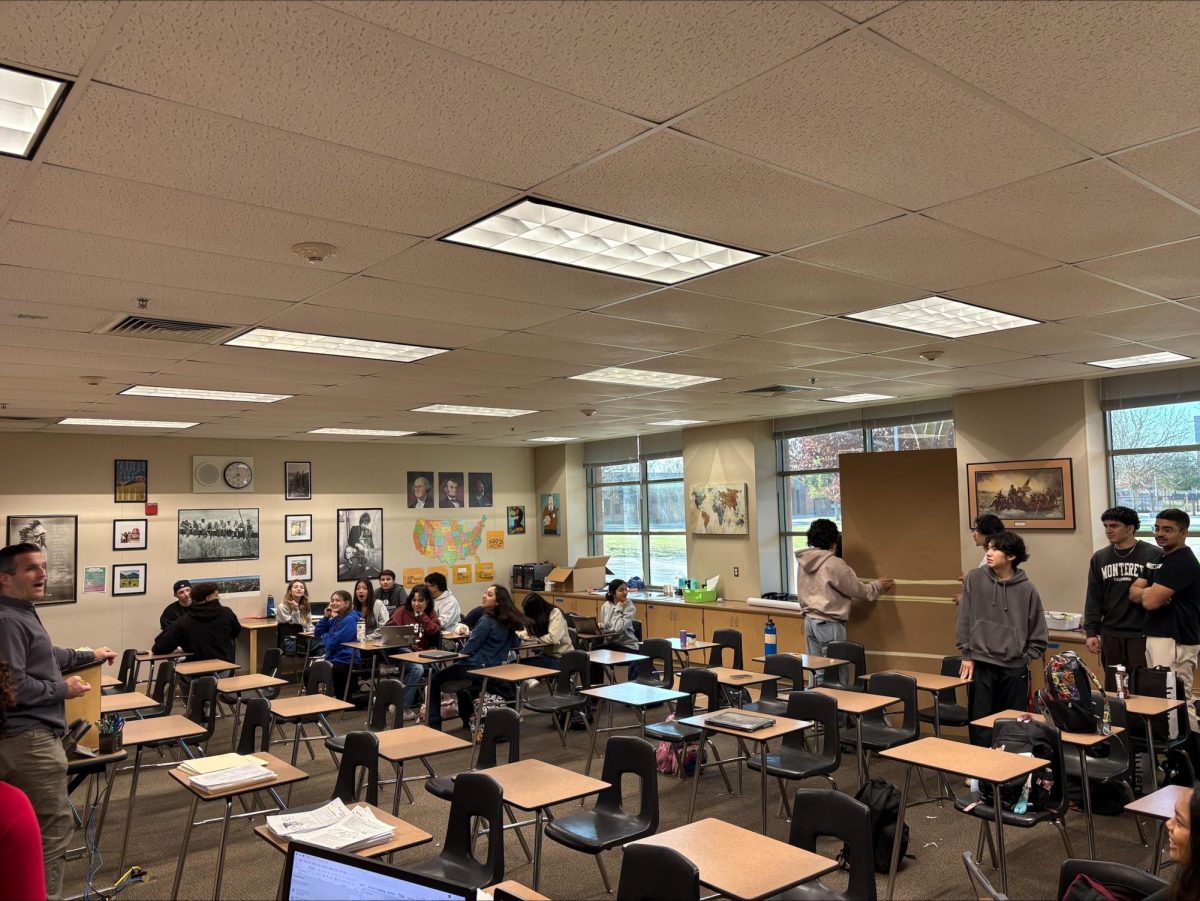Should Juveniles Be Charged as Adults?
Is locking them up and throwing away the key the road to redemption we need?
February 16, 2023
A juvenile is a minor under the age of 18 who has been convicted of an unlawful measure. Nowadays, when a teenager commits a serious felony, they are more than likely going to be given an adult sentence that is far too harsh for the adolescent mind. In fact, according to Michele Dietch in TedTalk she spoke at, she mentioned that murder is not the only crime that sets teenagers into long-life sentences or adult prisons, it can be non-violent crimes such as stealing or selling drugs.
I believe that juveniles should be given reasonable sentences depending on a variety of factors such as age, family history, and heinousness of the crime because kids need rehabilitation, not isolation.
After reading Jenkin’s On Punishment and Teen Killers article, it was said that brain chemistry is not a reliable factor to consider in a juvenile. “If brain development were the reason, then teens would kill at roughly the same rates all over the world… according to experts.”
This proves that the violence of a teen comes from within their environment and state of laws, such as easier access to weapons. For example, Nathaniel Brazill was a fourteen year old who shot and killed his middle school teacher during class. He brought the gun to school, so it was planned with intention, and he was definitely old enough to know what he was doing, even if he’s far from adulthood. So in this specific case, I believe Brazill being tried as an adult is fair.
On the other hand, according to Marjie Lundstrum on her Kids Are Kids, Until They Commit Crimes article, it was said that “adolescents squeezed through the adult system are more likely to come out as violent career criminals than similar kids handled on the juvenile side.” I believe this is not accurate at all, and the majority of non-violent teens would thrive much better in places offering rehabilitation.
For example, the story of Jose (last name not found) demonstrates how although he was involved in a group killing, specific factors were taken into account and he was rehabilitated, now with a job. There should be similar stories because according to Michele Deitch, when she saw several teens in prisons, she saw scared, hopeless, mentally ill kids who received nothing; no education or programs to help them. This reveals the true conditions of treatment in federal prisons.
The jury system is not perfect or always fair, but I believe that trying teenagers as adults is a serious sentence that should only be given to those who are seen as a serious danger to society because teenagers, especially children who are near the age of ten or less, have potential to rehabilitate and re-adapt if they are taken out of their potentially dangerous circumstances.




